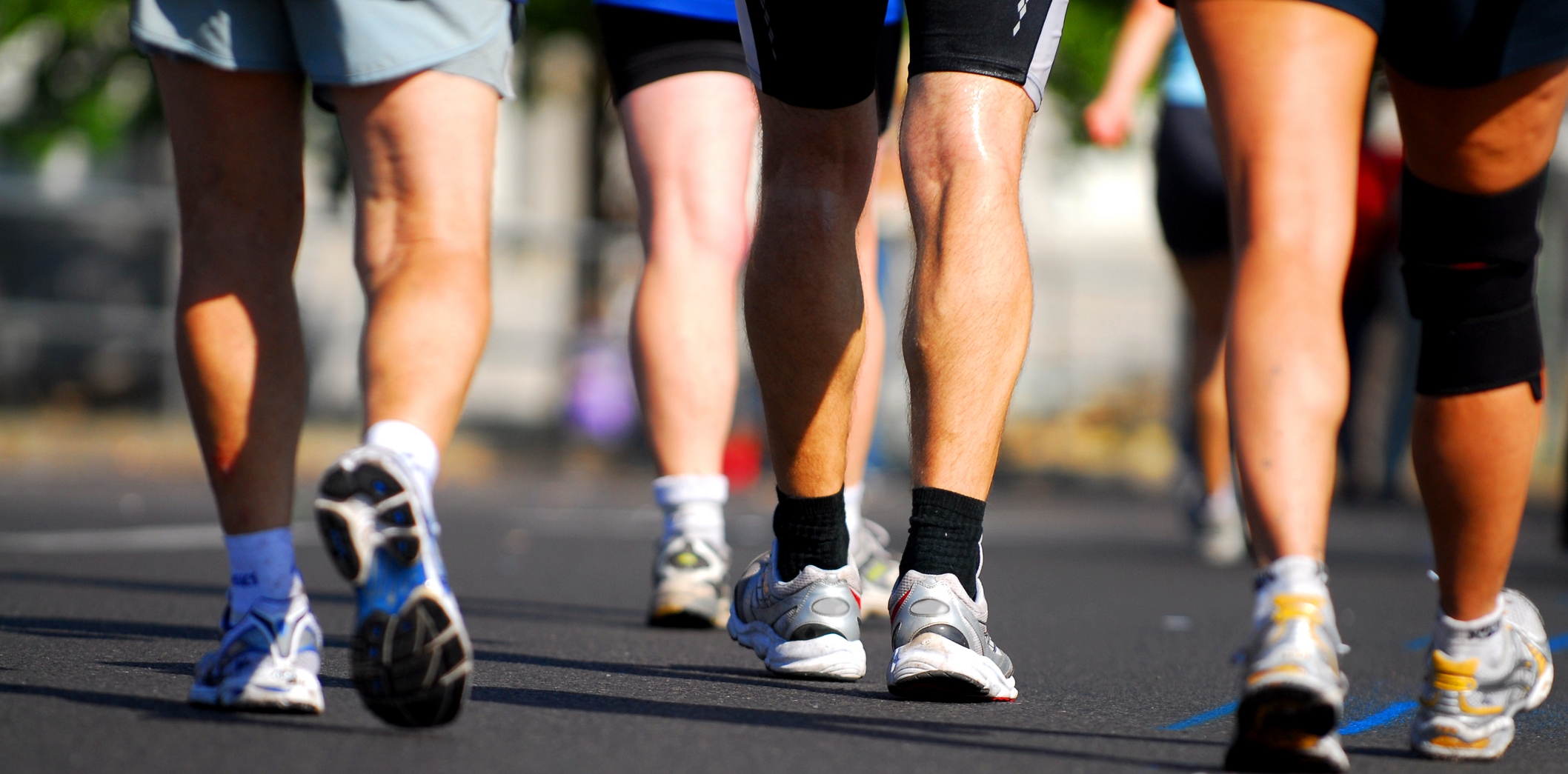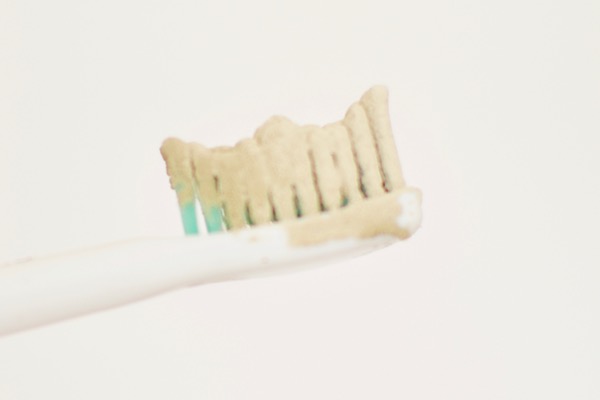These are the signs your sleep disorder is out of control…
Sleep disorders can be a very serious problem! The human body relies on sleep in order to process information, repair your muscles, and restore your health. Basically, a good night of sleep resets everything to its original condition, helping to prepare you for a long day of activity and work. But sleep apnea can stop you from getting a good night’s sleep, leading to fatigue, daytime sleepiness, reduced cognitive function, and the list goes on. Here are the symptoms of severe sleep apnea to be aware of:
- Loud snoring – The obstruction in your airways is causing your tongue or throat to vibrate as you inhale or exhale, leading you to snore. Snoring isn’t always a sign of sleep apnea, but it’s a good indicator that there’s something wrong.
- Excessive sleepiness – During the day, you’ll usually feel an overpowering urge to take a nap. You may have a hard time working, driving, or engaging in activity because you’re so sleepy. It’s one of the most common symptoms of severe sleep apnea; a poor night of rest leads to daytime sleepiness.
- Abrupt awakenings – You may find yourself waking up in the night, gasping for air or choking. These abrupt awakenings are the result of the apnea obstructing your airways. They can ruin your sleep!
- Breathing cessation – If someone were to watch you sleep, they would be able to see when you stopped breathing. A few seconds later, you’d wake up gasping for air. This is a serious symptom, as the lack of oxygen can lead to a number of health problems—not the least of which is impaired cognitive function.
- Morning headache – Between the lack of sleep and the lack of oxygen, your brain had a pretty rough night. A headache in the morning is one of the more common symptoms of severe sleep apnea.

READ MORE: 13 Ways to Perk Up Quickly
- Dry mouth/sore throat – If you have a very dry mouth or a sore throat when you wake up in the morning, it’s most likely caused by the obstructive sleep apnea. Your throat closed at night, and your body had to struggle to force air through your airways.
- Concentration problems – Can’t focus during the day? A lack of sleep can be a serious problem for your brain! Sleep apnea is usually accompanied by concentration problems.
- Mood changes – Sleep helps to stabilize the production of hormones and neurochemicals, including the ones that control your mood. Without a proper night of rest, your hormones may be out of whack, leading to depression, irritability, and other mood changes.
- Low libido – This is a side effect of a lack of sleep and a reduction in hormones that result from the poor quality of your rest. You may find yourself unable to perform sexually as you’re just too tired.
- High blood pressure – A rise in your blood pressure is the result of both the adrenaline and cortisol produced when your body panics at its inability to breathe, and the decrease in oxygen available at night. Hypertension may become a problem if the sleep apnea goes untreated.
- Nighttime sweats – This is one of the less common symptoms of severe sleep apnea, but it is known to happen. Your body tends to panic when it realizes it can’t breathe in, leading to the production of cortisol and adrenaline. Both of these can cause a spike in your body temperature, causing you to sweat more. Sweating may not be related to sleep apnea, but if it’s present with the other symptoms, it could be a sign things are spiraling out of control.








